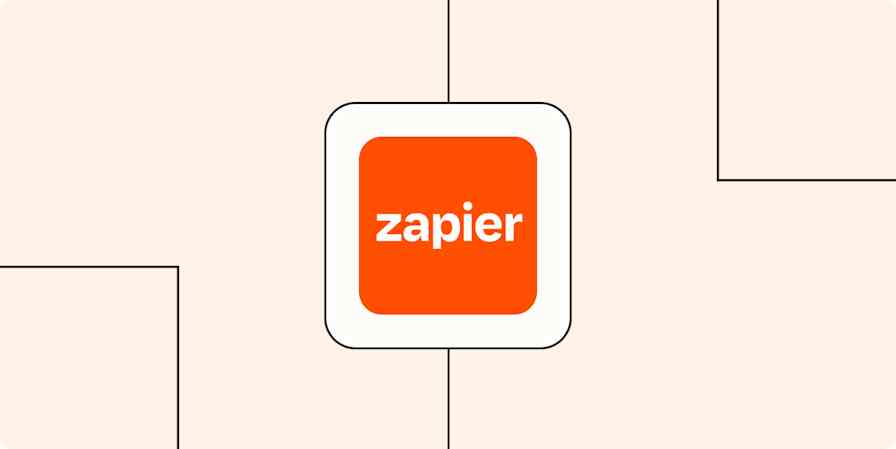How we work at Zapier
6 min readWhat it's Like to Take a Long Paternity Leave
By Brian Cooksey · March 8, 2016

Get productivity tips delivered straight to your inbox
We’ll email you 1-3 times per week—and never share your information.
Related articles
Improve your productivity automatically. Use Zapier to get your apps working together.








